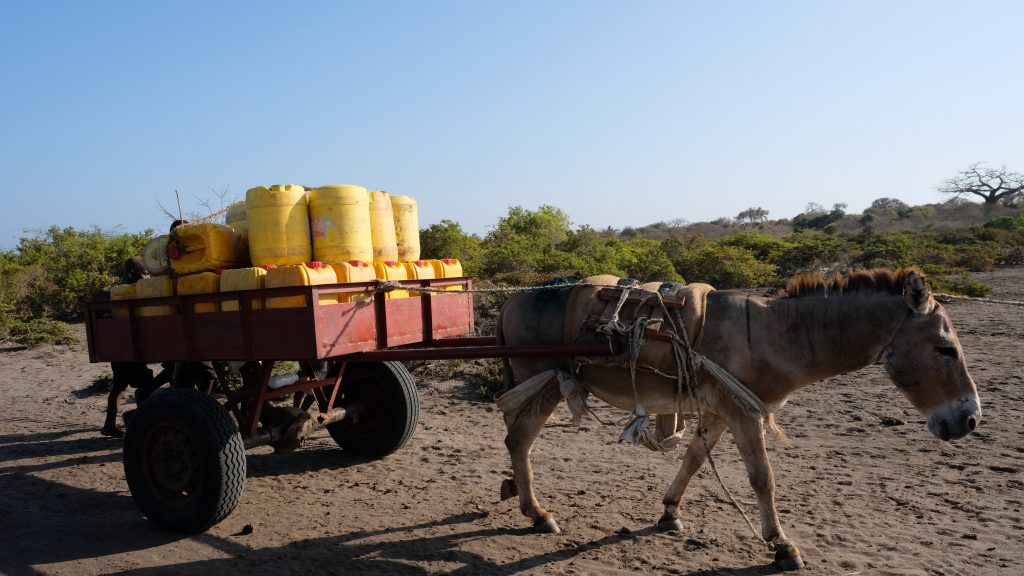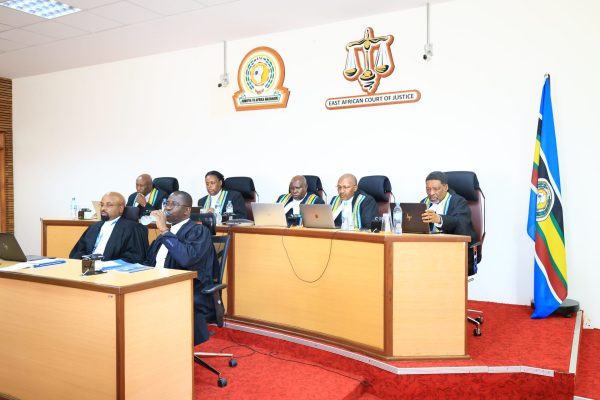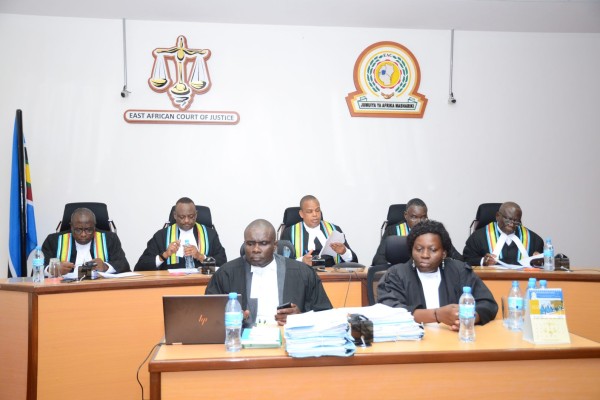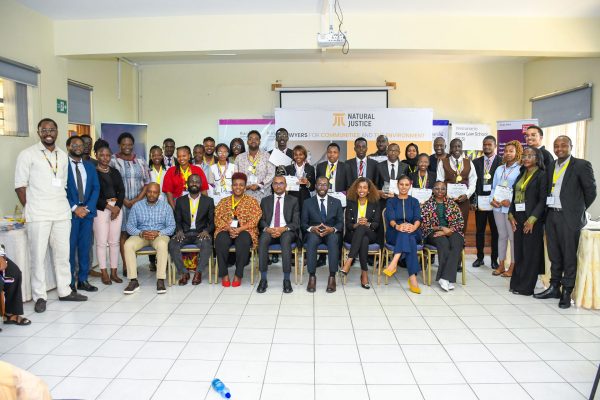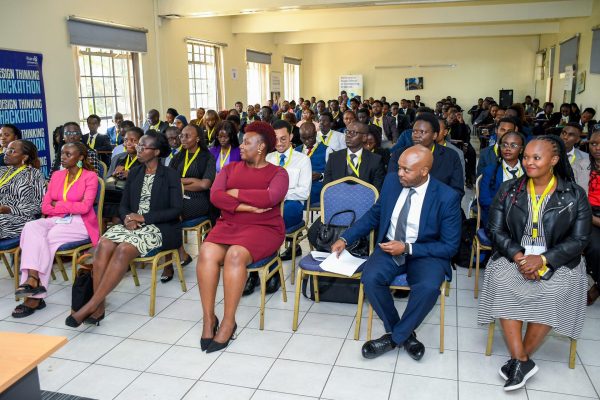The theme for this year’s World Water Day is “valuing water”. In coming up with this theme, the United Nations rightly say that valuing water is not just about pricing. In most of the communities in Kenya where we work, water is not a commodity that you can set a price to because, for the locals, the rivers, lakes, and oceans are part of their culture and can’t be discussed in terms of money.
Sadly, investors don’t see it that way. Those investing in extractives and infrastructure projects fail to understand why communities are not cooperative when offered compensation where these projects have contaminated water that locals depend on. The tragedy is that communities have their water polluted despite solid laws in place.
Article 43 (1) (d) of the Kenyan Constitution guarantees every person the right to clean and safe water in adequate quantities. Article 56 (e) further obligates the State to put in place affirmative action programmes designed to ensure that minorities and marginalized groups have reasonable access to water.
Kenya is a signatory to the International Covenant on Economic Social and Cultural Rights, which also guarantees the right to clean water as a right to the highest attainable standards of health.
The 2016 Water Act governs the supply and management of water and water resources. Section 5 of the Act provides that the national government holds water resources in trust for Kenyans. The Act and the Environmental Management and Coordination Act (1999) contain provisions on safeguarding water resources and prohibitions on water pollution; prescribing penalties when water is contaminated or polluted.
Despite such robust laws, the extractives and infrastructure industry has been a leading contributor to water pollution. The Owino Uhuru case, in which water was polluted by a lead-acid battery recycling factory, is one example of government agencies failing to discharge their mandate.
The discovery of oil must be bitter-sweet news for communities living near oil and gas projects. Experiences from the Ogoni people of Nigeria, who are struggling with environmental injustices caused by Shell Nigeria, have taught us that the right to clean water is a luxury for people living close to oil and gas projects.
The production of oil and gas is known to consume large quantities of water and equally discharging significant amounts of effluent, some of which end up in water bodies. Therefore, it is crucial for investors in the extractives sector, whether government or private investors, to put necessary measures in place for water governance.
In Kilifi in Kenya, the salt industry has contributed to the contamination of freshwater. This impacts on maternal health, crops and livestock, as well as the local residents, who travel greater distances to get water. The community there is facing a long road to challenge the impunity of the salt firms. Investors focus too much on the profits and what they feel is a job-creating venture and ignore how communities interact with their land and resources, including water. And this needs to be challenged.
We acknowledge that the right to clean and safe water is a progressive process; but there are positive actions that the government must take to safeguard this right immediately.
For a start, regulator institutions must step up their role. Ensure that mining companies do not pollute water bodies and agree to provide clean water as part of their corporate social responsibility. Further, these institutions must ensure that available water resources are used by all people without discrimination and making deliberate, concrete, and targeted steps towards the realization of the right to clean and safe water.

